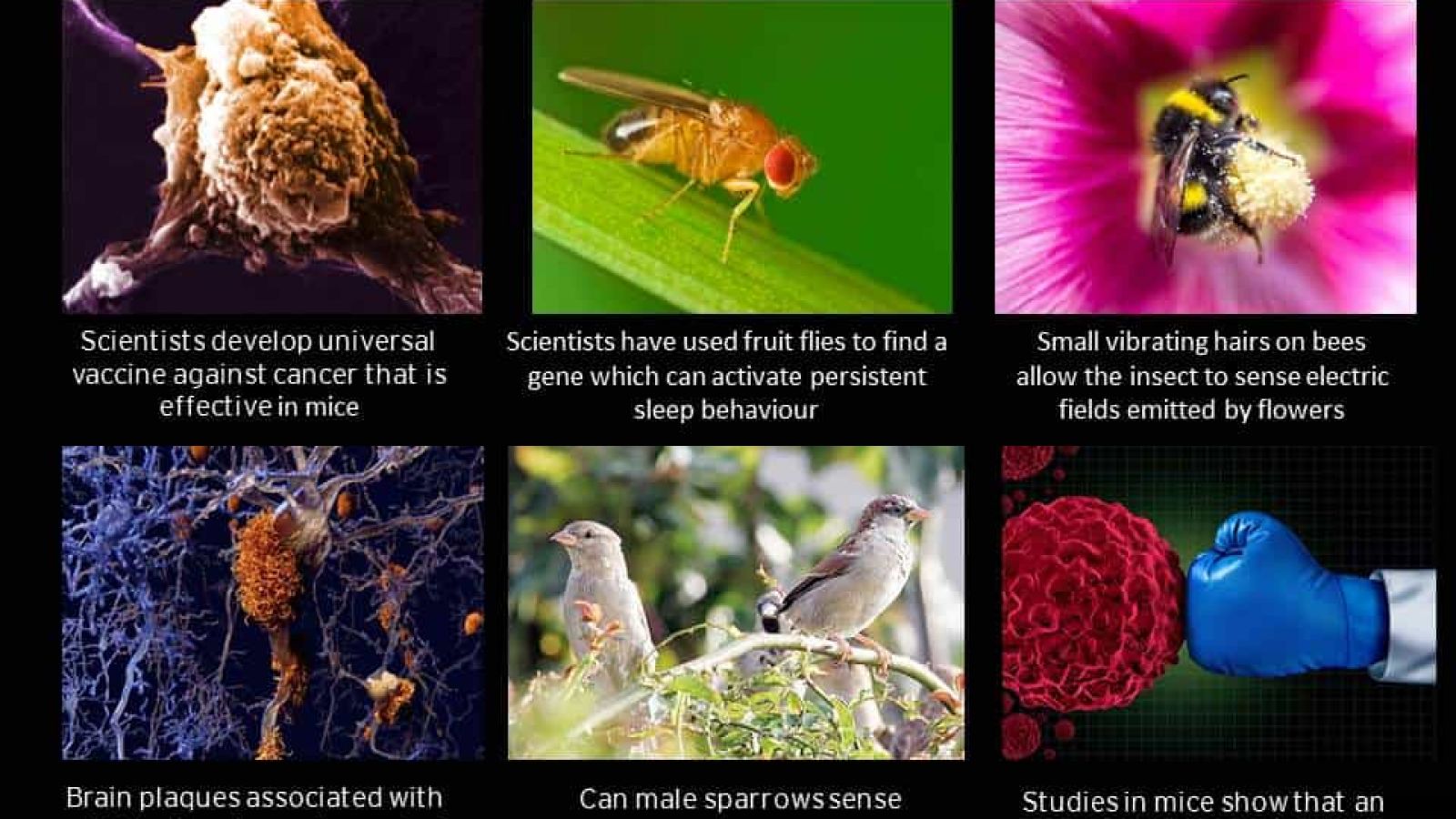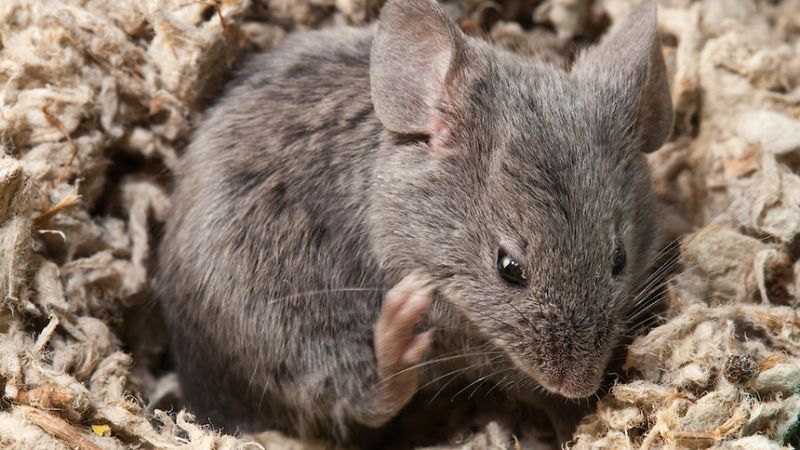Scientists have started to develop a universal vaccine against cancer that makes the body’s immune system attack tumours. The vaccine was found to be effective in mice and has been trialled in three patients to access toxicity.
A tumour on a lymph node shrunk in one patient. Another patient, whose tumours had been surgically removed, was cancer-free after seven months. The third patient had eight tumours that remained “clinically stable”.
The vaccine also produced limited side-effects in contrast to the extreme sickness caused by chemotherapy. However, more research is needed to prove how beneficial the treatment is.
Scientists have used fruit flies to find a gene which can activate persistent sleep behaviour. Fruit flies share most of their genes with humans, and it is hoped that a similar human gene could unlock a potential avenue of treatment for those with sleep disorders such as idiopathic hypersomnia.
A male cock sparrow will bring the same amount of food to his chicks even when those chicks are "swapped out" - suggesting the male bird is unable to tell which chicks are his own. However, if the female is noted taking long trips outside the nest, the father may reduce the amount of food he is giving the chicks suggesting he may be suspicious that his female counterpart is cheating on their ordinarily monogamous coupling.
http://www.alnmag.com/news/2016/05/antibody-attacks-only-cancer-cells-animal-study-shows
Studies in mice show that an antibody produced by the human body can preferentially attack cancer cells. When put in mice it effectively shrunk the tumour without side effects.
Studies in mice suggest the brain plaques - commonly associated with of Alzheimer's - may be part of the brain's defence of dealing with infections. Mice bred to develop plaques were given a brain infection. Researchers at Harvard Medical School found that plaques immediately formed around the invading bacteria. These same plaques are believed to be part of the inflammation and tangles in the brain which are associated with Alzheimer's disease.
Small vibrating hairs on bees allow the insect to sense electric fields emitted by flowers. This, in turn, allows the bees to find pollen. The bees produce positively charged static electric from their hairs, whole the flowers produce a negatively charged field.
Last edited: 4 April 2022 16:22




